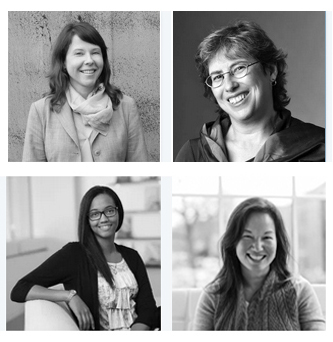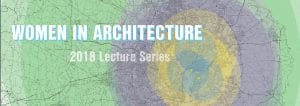
Reception at 6:30, Panel Discussion at 7:30pm
$12 AIA members, Torpedo Factory members, tenant artists and Factory Society members; $10 students; $20 non-members.
Part of Virginia Architecture Week and the 2018 Women in Architecture Lecture Series.
Purchase Tickets Now
PANELISTS:
RONIT EISENBACH
Ronit is an architect, artist, curator and educator whose scholarship, pedagogy and multi-disciplinary, collaborative practice, StudioRED joins architecture installations, exploratory performances and public participation in situ. Her ephemeral works spark dialogue about our relationships with the places we make for ourselves and with one another. Situated within museums, abandoned buildings and on public streets, Eisenbach’s interventions simultaneously operates at and connects two spatial and temporal scales — the intimate scale of the individual and the public scale of the city. A creative team builder, her works invite active participation, engaging a wide-range of partners in the ongoing effort of transforming, enhancing and attending to place while acknowledging inherent and meaningful tensions that exist between flux and stability. Co-author of Installations by Architects and Ruth Adler Schnee: A Passion for Color, she is a Fellow of the Beverly Willis Architecture Foundation, SandBox at Washington College, and the MacDowell Colony. At the University of Maryland, she is an Associate Professor of Architecture, Director of Creative Placemaking for the National Center for Smart Growth and the Kibel Gallery Curator. www.roniteisenbach.com
 PHILIPPA P.B. HUGHES
PHILIPPA P.B. HUGHES
Philippa P.B. Hughes is a social and creative placemaker, creative connector, and cultural strategist, who designs inventive and collaborative projects that strengthen communities, connects people who would not normally meet in meaningful dialogue, and opens portals to art and culture for the culturally curious. She constructs human-centered activations that facilitate connections between neighbors, reinforce community bonds, and strengthen relationships. She believes that people are hungry for the opportunity to connect and build relationships with one another. Social and creative placemaking can provide creative portals that connection. She is also personally committed to finding ways for people to connect across political divides. For example, she has been hosting dinners with Trump supporters and opponents, as well as dinners with liberals who span the left side of the political spectrum.
She is experienced in public and private collaborations having produced placemaking projects in collaboration with numerous Business Improvement Districts across D.C. and in partnership with the D.C. Office of Planning. She executed two creative placemaking projects funded by the Kresge Foundation. Philippa is also the chair of the board of the DuPont Underground, a former trolley stop turned into art space and she has served on the board of the D.C. Commission on the Arts and Humanities among numerous other boards throughout Washington, D.C. Philippa studied Foreign Affairs at the University of Virginia and also received her law degree from that institution. She practiced investment adviser regulation for six years before transitioning to the full-time pursuit of social and creative placemaking.
 KHARA JAMES, RA
KHARA JAMES, RA
PERKINS EASTMAN
Khara James is an Architect whose design focus is predominantly on primary and secondary educational facilities. She has experience in all phases of design and construction including programming, schematics, technical documentation, and construction administration. Her passion for community-based design and architecture’s role in shaping the culture of a place serves as a foundation for her design approach. Khara was educated at the University of Maryland where she earned her Bachelor of Science in Architecture and Master of Architecture degrees. Since graduating in 2013, she has worked at Perkins Eastman where she is now an Associate. Khara’s greatest contributions have been to some of the firm’s largest school modernization projects such as Langley High School , Oakton High School, and the award-winning Roosevelt High School in Washington D.C.
 MODERATOR
MODERATOR
SARAH WATLING, LEED AP
PERKINS EASTMAN DC
Sarah Watling works at Perkins Eastman DC Architects in Washington, DC, on large-scale projects here and abroad. Before joining PEDC, Sarah practiced research, development and design both domestically and internationally for over 15 years. Her training in art history, environmental policy and planning, and landscape architecture enable a unique big-picture perspective. Passionate about resiliency, her projects have included master planning ecotourism infrastructure in Central and South America, regional sustainable economic policy modeling and implementation, research and evidence-based sustainable land reclamation in sub-Saharan Africa, therapeutic landscapes , and sustainable revitalization of fragmented urban cores. Her interest areas are the power of public art as mediator between ecology, economics and society; the prioritization of community-based strategies in sustainable urbanization; and building rural-urban linkages in response to economic, environmental and population pressures. She has presented her work nationally and internationally and volunteers regularly with AIA Women in Architecture, the District Architecture Center and on various public art installations.


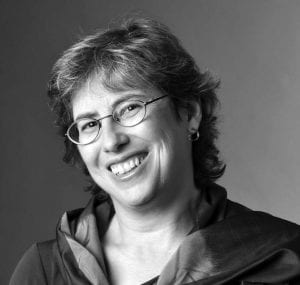
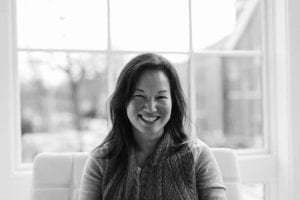 PHILIPPA P.B. HUGHES
PHILIPPA P.B. HUGHES 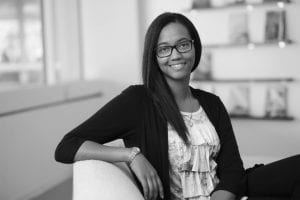 KHARA JAMES, RA
KHARA JAMES, RA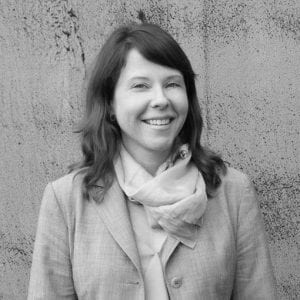 MODERATOR
MODERATOR